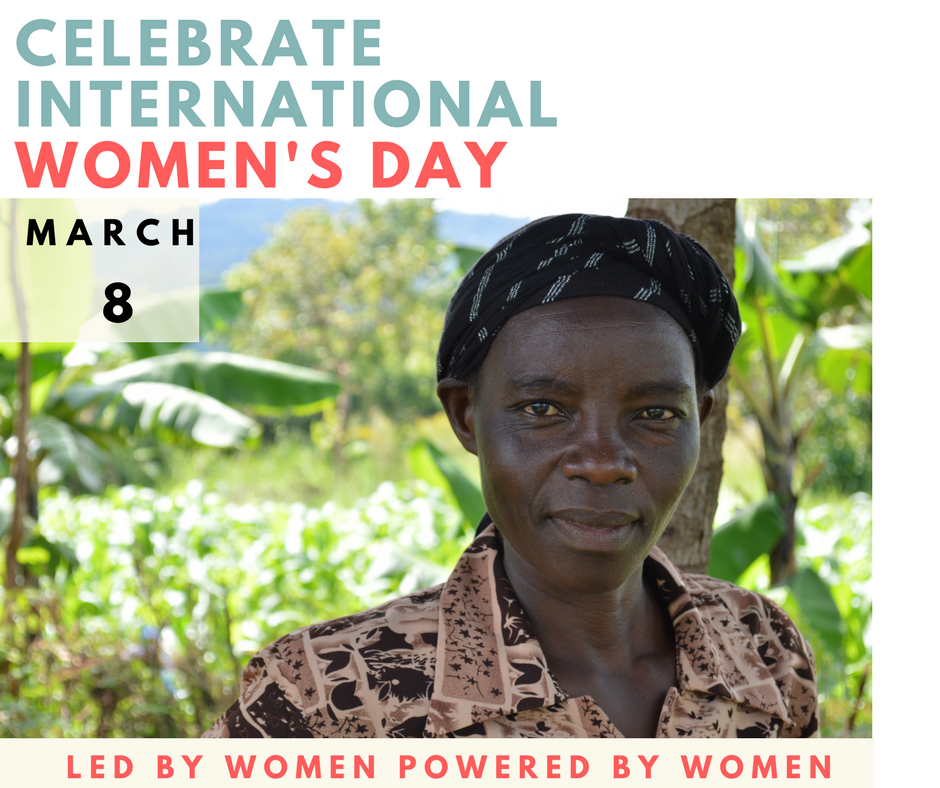
Eight years ago when Sara and I first started Ajiri Tea, we met with Pauline, at the time, the only female manager of a tea factory in Kenya. Pauline encouraged us, but cautioned, "You're up against a lot." What she meant by "a lot" was the male-dominated society. A culture where women are unemployed or underemployed. A culture where women can grow the wheat, make the flour, bake the bread, but will never be seen as "breadwinners."
It wasn't that the women weren't working before Ajiri Tea. They just weren't getting paid. In Kenya, it is the women who fetch the firewood. It is the women who walk to the river to collect water and then carry it home. It is the women who cook, the women who clean. It is the women who tends to the shamba, or small-farm.* And it is the women who worry if their children have a school uniform. If their children have light to study. If their children have enough food to eat.
Comments will be approved before showing up.

At Ajiri, we feel so lucky to be on this earth at the same time as all of you. Your purchase of tea holds a lot of that elusive power of art. Sure, your purchase is the transference of physical money that goes to support women and children. But your purchases of tea, time and time again, transfers this feeling of belief. You believe in these women. You believe in these kids. You believe that the world can be a better place.

People in the U.S. like to lament that there is no “village” anymore when raising children. But here’s the thing, Thomas was born without a village to support him. We made that village. You are that village. Every box of tea, every donation, gave Thomas the love and structure and opportunities to grow.
We will continue to share our good fortunes with others. We will continue to run Ajiri Tea throughout this tariff madness. We will continue to run Ajiri until we can’t. Running Ajiri is a type of protest in this constricting capitalist world. If to grieve means to have loved, then to protest means to hope.
Kate Holby
Author